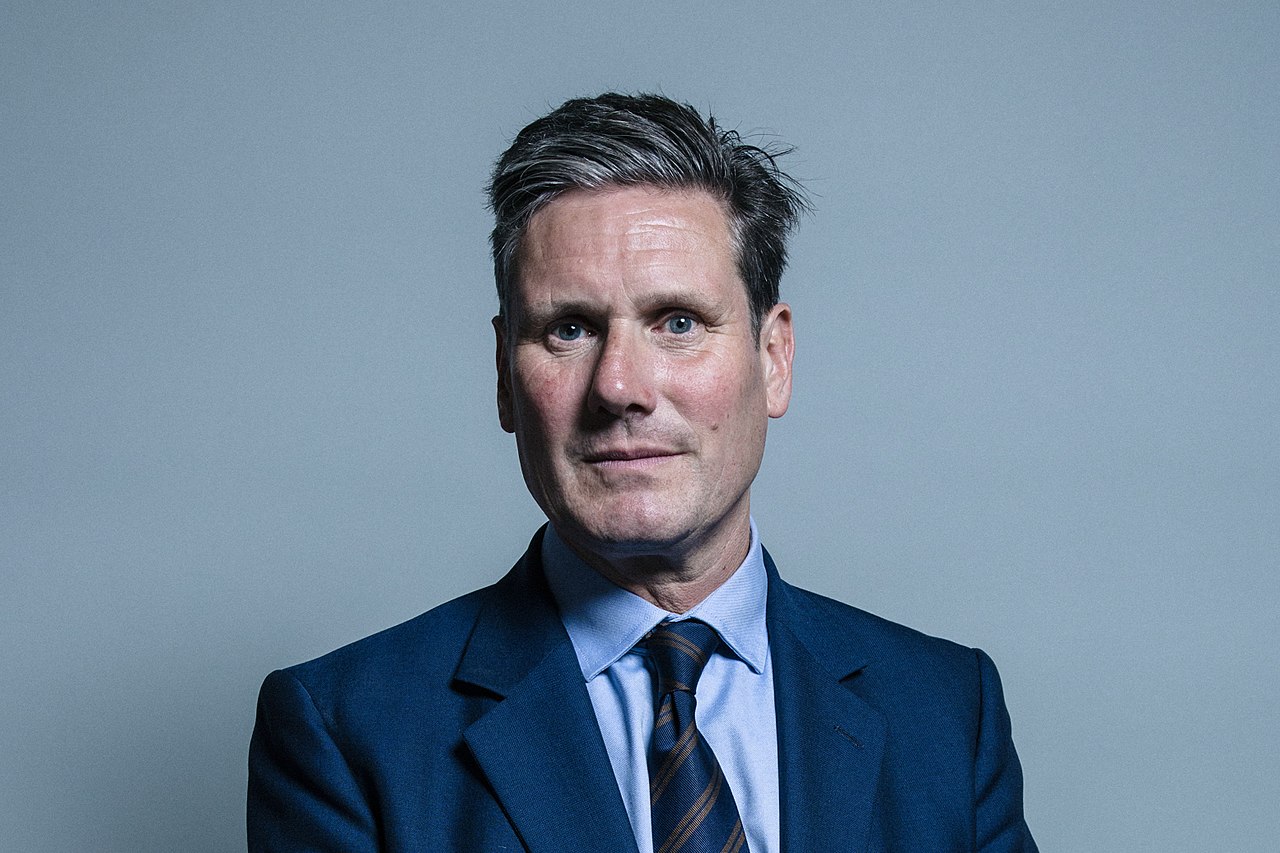LONDON (Parliament Politics Magazine) – Sir Keir Starmer has called for an investigation into reports that Boris Johnson pushed for a Russian-born businessman to be given a peerage despite concerns regarding security.
After the PM’s intervention, the security services dropped an assessment that presenting Evgeny Lebedev an honour would pose a security risk, according to the Sunday Times.
The Labour leader expressed his “serious concern” over the situation.
Justice Secretary Dominic Raab, on the other hand, said there was no “impropriety.”
Mr Raab told the BBC’s Sunday Morning programme: “There is a very strict and stringent process when anyone is granted a peerage”.
He went on to say that the laws governing the honours system were “applied very thoroughly in this case.”
He said that there were systems and procedures in place to ensure that this was done correctly and properly.
In July 2020, Evgeny Lebedev, the proprietor of the Independent and London Evening Standard newspapers, was granted a peerage.
The son of Alexander Lebedev who is a billionaire Russian banker and a former KGB officer, moved to London at the age of eight when his father, at the time when he began working at the Soviet embassy.
He is a dual citizen of Russia and the United Kingdom.
“As a Russian citizen I plead with you to stop Russians killing their Ukrainian brothers and sisters.”
According to the Sunday Times, the panel that assesses peerage appointments advised the PM not to grant the newspaper owner a seat in the House of Lords, often known as a peerage, because of concerns regarding security in March 2020.
Mr Johnson is alleged to have reacted to the advise by declaring it to be “anti-Russianism.”
Lord Lebedev responded to the charges in the Sunday Times, saying they were false.
When asked about the article, Sir Keir said he was “very concerned” and that referring the reports to the parliamentary Intelligence and Security Committee was the “right thing” to do.
He said that the cross-party panel of MPs and peers will be able to examine sensitive documents and “come to a conclusion about what actually occurred.”
Nomination of all individuals for a peerage is done for recognising their contribution to the society and the House of Lords Appointment Commission vets all the peerage, said a government spokesperson.
The commission conducts background checks with agencies and other government departments after someone is nominated.
The commission can then indicate whether it supports a nomination, but it does not have a veto power.
The PM has the last say on whether or not to grant a peerage. The Queen then makes the appointments official.






